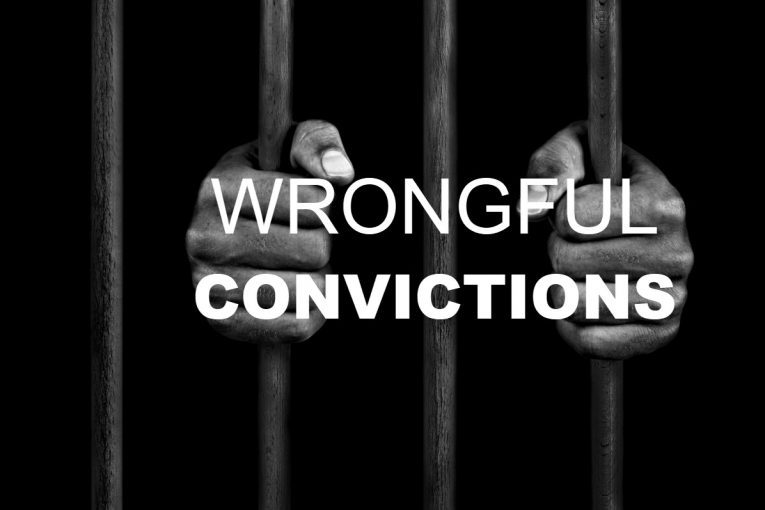

By Wendy Moya
SAN ANTONIO, TX – The U.S. criminal justice system has long been plagued by issues in its conception that undermine precisely what justice pursues – among the many issues, wrongful convictions seem to be at the forefront, according to Carin Wieters in a paper published by SRRN, formerly Social Science Research Network, a collection of scholarly research in the social sciences and humanities.
Wieters, however, admits that there are forms of relief after a wrongful conviction, such as an appeal.
However, appeals must be filed under time restrictions and even then, appeals can be denied, effectively restricting avenues of remedying a wrongful conviction, said Wieters, lead law clerk at Goldstein and Orr law firm in San Antonio, a law student and part of the National Trial Team, Scholar Law Review, Board of Advocates, and Criminal Law Association.
As sophisticated technology developed, the ability to produce and analyze evidence became readily available, she suggests, noting the public allowed its trust in the American justice system to grow because people assumed that with the help of this technology, the number of wrongful convictions would decrease  significantly.
significantly.
However, as Wieters signals, the causes of wrongful convictions remain “faulty forensic evidence…false testimony, false confessions, ignored recantations, dismissal of the accused’s inability to commit the crime, and suppression of exculpatory evidence by the prosecutor.”
She implies that the attention placed on wrongful convictions only began to increase as rates of incarceration grew as well.
With the increased attention on wrongful convictions, Wieters continues, organizations began emerging that aimed to help those who had been wrongfully convicted. The National Registry of Exonerations website popped up, tracking the number of people who had been exonerated.
She adds that local and state governments took notice and aimed to significantly decrease wrongful convictions as well as pardon inmates who had been wrongfully convicted, noting that of the thousands estimated to have been wrongfully convicted, only a fraction of one percent will be or have been exonerated.
The general American public is not concerned with wrongful convictions because most of them have never been touched by the criminal justice system, Wieters observes, explaining that providing relief to those wrongfully convicted is also not a career that generates a lot of revenue; most organizations are either privately funded or depend on grants.
Prosecutors are tasked with reconsidering cases when new material seems to suggest that there has been a wrongful conviction.
However, as Carin Wieters points out, that involves reopening the case and admitting mistakes. As it takes a substantial amount of work to reconsider cases and dependence on limited resources, most prosecutors will simply review a very limited amount of cases.
Wieters reports that judicial avenues for exoneration or relief are very minimal as there are a number of hurdles which one must overcome in order to have a case heard once more, such as, considering whether or not new evidence would produce a different outcome.
The application of plea deals also works against the application of justice. The accused, she explains, understand that they face a longer sentence if they don’t accept the plea deal. For prosecutors, plea deals require less consideration when hearing cases.
Wieters’ work reveals the number of flaws embedded in the U.S. criminal justice system; yet there are an incredibly limited number of avenues for remediation after someone has been wrongfully convicted.





